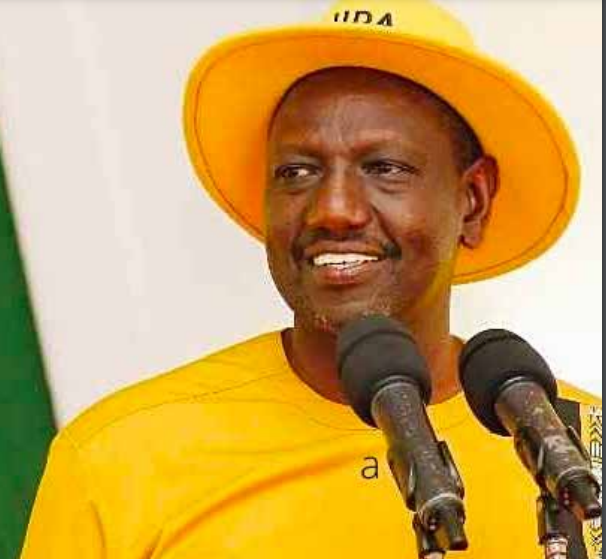Proposed constitutional amendments and their risks

Constitution or leadership and governance crisis: Why Kenya does not need sweeping changes in the supreme law
While the new government should be working in order to deliver its pledges to Kenyans, who for the last few months have been struggling to make ends meet, a section of politicians are now pushing for a referendum.
Even though some of the proposals to change the constitution are genuine, some seem to be politically instigated.
For a while now, there have been attempts to change the Kenyan Constitution of 2010. Reportedly, during the early years of Kenya’s existence, the Constitution was abused by a section of leaders especially the bigwigs and the ruling parties to gain and consolidate political milage. Further, this was achieved through the creation of a single-party state, the abolition of secret ballots, and increasing the power and prestige that comes with the presidential position for instance.
Since 2013 there have also been attempts to change the Constitution with some been halted for instance the Building Bridges Initiative (BBI) on grounds that it was unconstitutional and was not people driven.
Currently, there are several proposals on what constitutional amendments should be undertaken. However, only a few of these have been couched in concrete terms and acted upon.
Firstly, is the implementation of the two-thirds gender rule. Even though the Constitution provides that not more than 2/3 of the members of elective or appointive bodies should be of the same gender, in neither the 2013, 2017 nor 2022 elections was the gender rule realized by Parliament.
In 2013, the percentage of women was 19% in the National Assembly and 27% in the Senate. After the 2017 elections, women accounted for just around 23% of the membership of the National Assembly and Senate.
Hence, there has been a need to amend the Constitution to provide for effective mechanisms to achieve gender representation quotas. There is no general agreement on how to go about the framework to achieve this.
However, the plausible proposal has been pushed to have women nominated to top up the numbers in both Houses of Parliament which has seen Ms Gladys Sholei elected as the Deputy Speaker of the National Assembly. Also, seven women have been appointed in the Cabinet.
Secondly, East MP Marwa Kitamaya proposed the creation of five new counties. These include Kuria, Mwingi, East Pokot, Mt Elgon and Teso.
“We thought that we would negotiate democracy to survive in Migori. It worked for some time in 2013 but we were short-changed by the dominant party and we lost out on what we thought we’d get,” Mr Marwa said.
“In 2017, we lost everything in terms of seats including those that we negotiated in 2013. They took everything and we got only one seat of the deputy governor, which was inconsequential,” he said.
What it will take:
The above proposals require that their promoters seek support from one million registered voters in the form of signatures and translate the said proposals into a constitutional amendment bill. Notwithstanding the two formalised proposals, there is discussion on other possible amendments to the Constitution.
Further, there is a need for political power, extra-political power and hence the policy and the implementation process itself.
For instance, while he was campaigning, President William Ruto promised the people for Mwingi that he would ensure that Mwingi becomes a county. This hence means that he will have a say on this issue.
The Non-Governmental Organisations tend to have a say on matters affecting people especially if it is in regard to sustainability and equitable sharing of resources. Hence some might get into these issues and push for their implementation.
Some of the risks that may be experienced include:
The BBI crowd might dive into this golden opportunity to see that most of the changes that they wanted to make to the Constitution are also done. They might as well challenge these amendments by the Kenya Kwanza government to see that theirs as well are made.
Remember, the High Court just halted the vetting of the Principal Secretaries (PSs) on grounds that some fundamental aspects that should be followed during appointments were not taken into account. Some of them being regional balance and gender representation. From the 51 appointments we only had 12 female PSs.
What Kenya is facing is not a constitutional moment that warrants sweeping changes to the constitutional text, but a leadership and governance crisis that has occasioned economic woes on Kenyans. A section of Kenyans believe that part of the solution to the regional imbalances and discrimination of the marginalised communities in the country lies with amending the Constitution.
The proposed changes reinforce and seek to tap into this public sentiment. However, the regional and gender-based issues cited are due to poor leadership, weak governance structures and weak constitutional bodies. In fact, most parts of the Constitution are yet to be fully implemented. This process of implementation is gradual and hence with time most if not all parts of the Constitution will be implemented.

